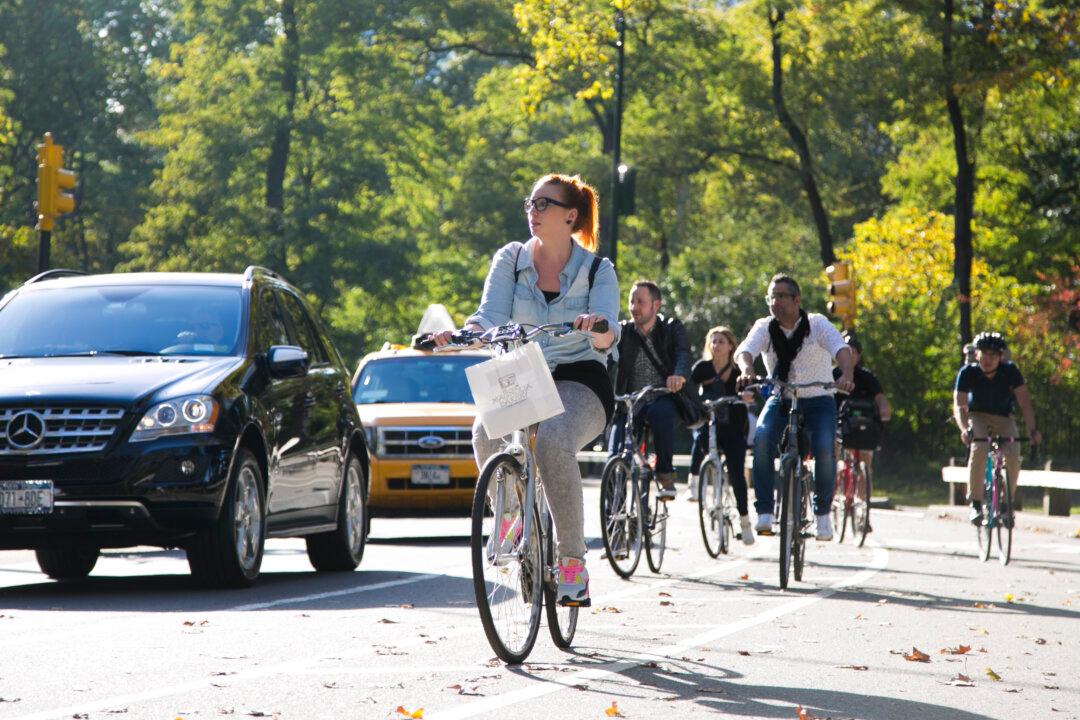A global shift to increased cycling and electric biking could cut energy use and carbon dioxide emissions from urban transportation by up to 10 percent by 2050 compared to current estimates.
The new report also finds that the shift could save society more than $24 trillion.
“This is the first report that quantifies the potential carbon dioxide and cost savings associated with a worldwide shift toward much greater use of cycling in urban areas,” says report coauthor Lew Fulton, co-director of the STEPS Program at the University of California, Davis, Institute of Transportation Studies.
“The estimated impacts surprised me because they are so large. The costs saved in lower energy use and reducing the need for car travel, new roads, and parking lots through 2050 are substantial.”
Currently, cycling accounts for about 6 percent of urban trips worldwide, more than half of which occurs in China, Japan, and a few European countries such as the Netherlands and Denmark. In the United States and Canada, only 1 percent of urban trips are by bicycle.
According to the study, the right mix of investments and public policies can bring bikes and e-bikes to cover up to 14 percent of urban miles traveled by 2050—ranging from about 25 percent in the Netherlands and China to about 7 percent in the United States and Canada.




